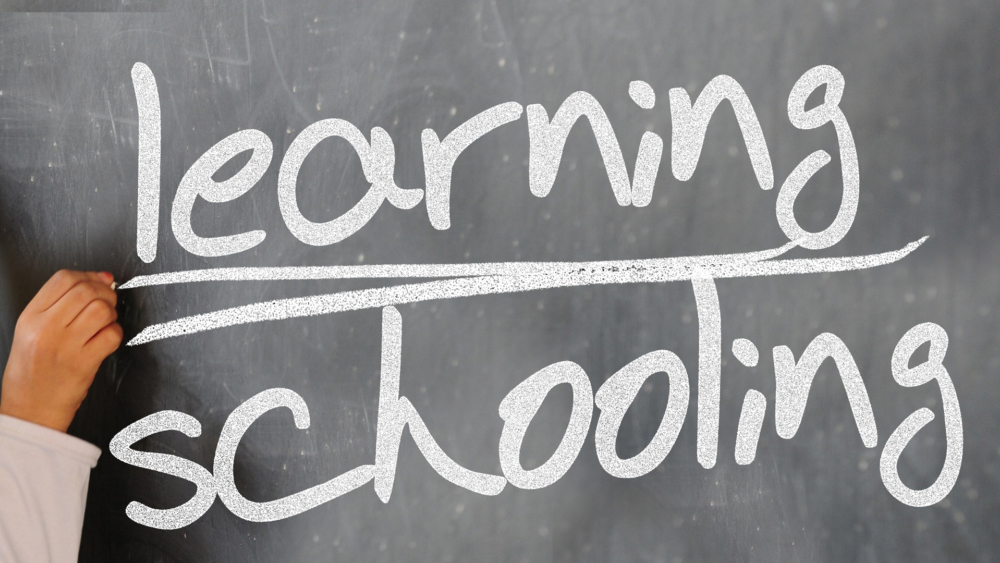
Education Foundations: Enriching Learning in a District Near You
Recently I was asked to speak at Clear Creek ISD's Education Foundation Vendor Luncheon as a business partner about the importance of supporting the foundation's work in supporting education.
In preparation for this event, I reflected upon my own experiences with education foundations and in observing the work of this foundation and others that play a pivotal role in enriching the learning that occurs in classrooms around the state. Executives and leadership teams with companies spend countless hours and sleepless nights worrying about how to keep employees engaged in their jobs. The same can be said for our teachers who worry about keeping students engaged in the classroom.
Teachers are faced with many challenges that are beyond education. If you think about it, outside of the family, public schools have the largest influence on the cultural development of children. For 14 years, pre-k - 12th grade, we entrust them with the development of our kids. If you read the headlines today, you would think that public education is about funding, TEKS, accountability ratings, test scoring, etc. But let me talk about a little secret of something else going on in the classrooms that I wish our educators would use a bigger bull horn to talk about and that are the elements of education that, while not required by the state in our current system, are required by our society at the local, state, and national level.
This is a time when the skills for work, education, and citizenship have converged for the first time in history. Depending on where you research, there are 6 to 10 soft skills necessary for work: education, citizenship including critical thinking, collaboration, and effective written and oral communication. Did I mention STAAR test scores, ACT, GPA?, no. You see, companies are looking for prospective employees who already possess these soft skills because the jobs they hire for today, will be different in six months. If they can transition that person to a different position, they can create an agile team of employees. Oh and guess what, though not publicly vocalized, we as a society are expecting that 10th grade teacher to help equip their students with skills for jobs and further studies that don't exist today, but will exist when that student graduates high school. In fact, the educational futurist Ian Jukes notes that schools may need to prepare students for as many as 15 different careers by the time they are 38 years old. And that 2nd grade teacher, we are expecting her to begin laying the foundational work for a student now who will be a contributing member of society when they graduate into a society we may not recognize.
Teachers recognize these challenges, they get it, and are looking for new ways to engage students and enrich academics through unique experiences, programs, and instructional techniques that will produce graduates who are equipped with these skills. They use grants from education foundations to facilitate this responsibility because these opportunities cannot be provided through current educational funding.
By supporting education foundations, you are supporting the engagement of teachers and students in education and providing for enriched academics and unique experiences in a student's education directly in the classroom that will benefit all of us as a society. Education foundations, their influence lasts a lifetime.